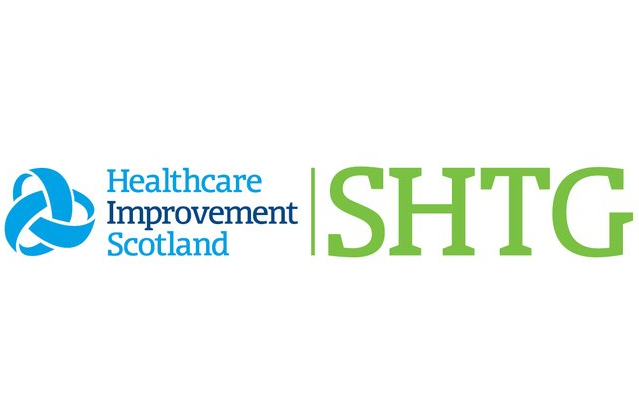The SHTG Council recognised the lack of evidence specific to CRTs and accepted the decision to consider evidence on the components of CRTs to support this recommendation.
There was no evidence that any component of CRT services led to an increase in patient harms or poorer outcomes compared with usual care.
CRTs in Scotland for patients with COPD
One study found that introducing a CRT service in north west Glasgow resulted in approximately 13 fewer people per year being admitted to hospital because of COPD.
Hospital care at home for patients with COPD
We found evidence on hospital care at home for two groups of patients:
- those who were experiencing a COPD exacerbation but wanted to avoid going to hospital, and
- those who wanted discharged from hospital early, to continue their care at home.
There was no difference in the rate of hospital readmission or death between patients treated with hospital care at home and patients treated in hospital.
Supported self-management and pulmonary rehabilitation for patients with COPD
Supported self-management for patients with COPD who were discharged from hospital resulted in improved quality of life. Enhanced supported self-management (with more intensive support) resulted in additional reductions in hospital admissions among patients with COPD.
Compared with usual care, home based pulmonary rehabilitation led to greater improvements in quality of life and exercise capacity. Comparisons of home based and centre based pulmonary rehabilitation found no differences in quality of life or exercise capacity.
Supported self-management for patients with asthma
Supported self-management was associated with improved quality of life, fewer hospital admissions, fewer visits to A&E and fewer unscheduled consultations among patients with asthma. More intense support for self-management resulted in more patient benefits and less healthcare use.
Patient views and experiences
The benefits of hospital care at home were described as having access to home comforts, feeling independent, recovering quicker, improved sleep, convenience for visitors and developing relationships with healthcare professionals.
Patients with COPD, asthma or both described self-management support as empowering them through knowledge. They felt that psychological support, person centred care, a collaborative relationship, trust, continuity of carer and easy access to support were important.
Patients with COPD expressed a desire for more information about pulmonary rehabilitation and described perceived barriers to access, such as time and place of classes. There were concerns about the safety of exercise and feeling inferior in a group setting.
Value for money of CRTs in Scotland
Based on data about patient quality of life from the Glasgow CRT service and high level cost estimates:
- CRT services are associated with improvements in quality of life.
- Supported self-management may be more expensive and more beneficial than usual care.
- It is likely that early supported discharge from hospital and hospital care at home are cost saving compared with hospital care. Compared with hospital care, these components provide similar patient benefits in terms of quality of life, hospital readmission rates and deaths.

